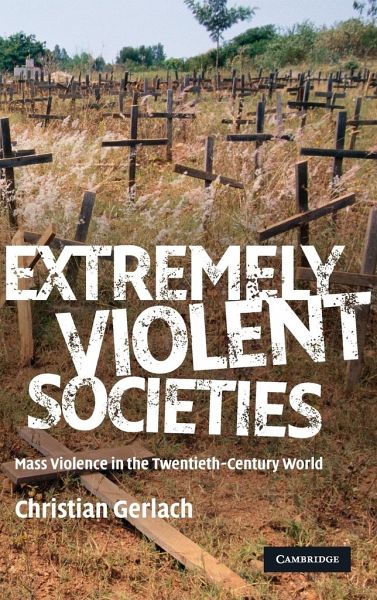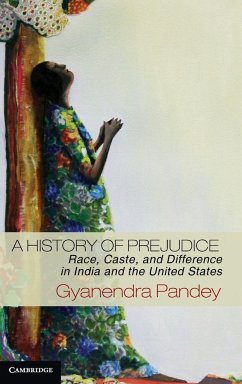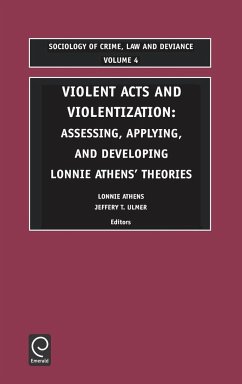
Extremely Violent Societies
Versandkostenfrei!
Versandfertig in 1-2 Wochen
86,99 €
inkl. MwSt.
Weitere Ausgaben:

PAYBACK Punkte
43 °P sammeln!
In this groundbreaking book Christian Gerlach traces the social roots of the extraordinary processes of human destruction involved in mass violence throughout the twentieth century. He argues that terms such as 'genocide' and 'ethnic cleansing' are too narrow to explain the diverse motives and interests that cause violence to spread in varying forms and intensities. From killings and expulsions to enforced hunger, collective rape, strategic bombing, forced labour and imprisonment he explores what happened before, during, and after periods of widespread bloodshed in countries such as Armenia, I...
In this groundbreaking book Christian Gerlach traces the social roots of the extraordinary processes of human destruction involved in mass violence throughout the twentieth century. He argues that terms such as 'genocide' and 'ethnic cleansing' are too narrow to explain the diverse motives and interests that cause violence to spread in varying forms and intensities. From killings and expulsions to enforced hunger, collective rape, strategic bombing, forced labour and imprisonment he explores what happened before, during, and after periods of widespread bloodshed in countries such as Armenia, Indonesia, Bangladesh, Nazi-occupied Greece and in anti-guerilla wars worldwide in order to highlight the crucial role of socio-economic pressures in the generation of group conflicts. By focussing on why so many different people participated in or supported mass violence, and why different groups were victimized, he offers us a new way of understanding one of the most disturbing phenomena of our times.













